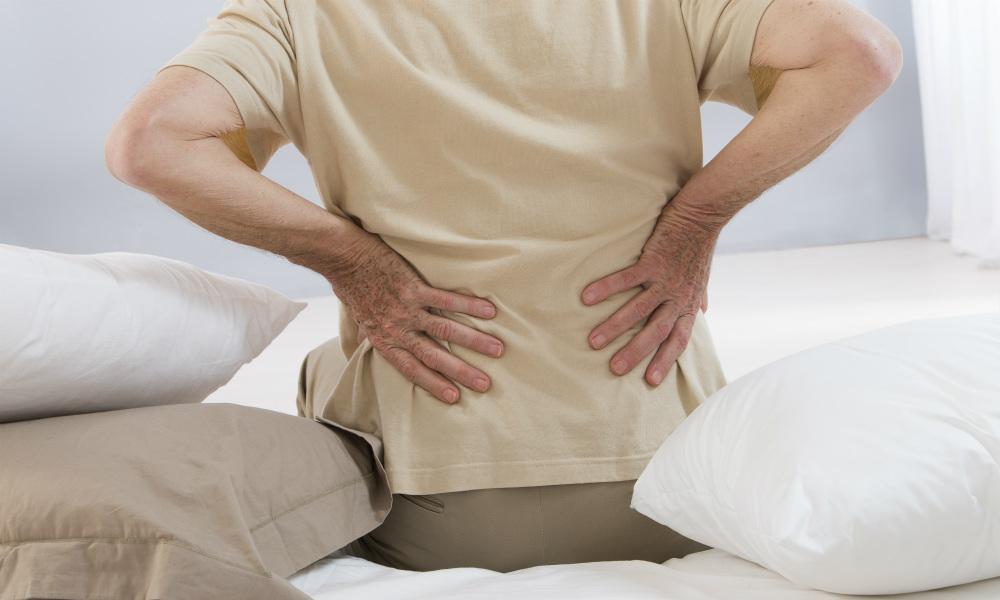Do you remember just how many times in the past couple of months you’ve thought to yourself or even complained to someone of having a slight backache? We’re guessing you don’t exactly remember. That’s alright. Small aches and pains are a regular part of life.
You could be working too hard and develop a back ache, you’ve suddenly picked up a heavy weight, sat at a weird angle for an extended amount of time, been hunched over at a desk or computer for a while, or you slept in an awkward position – any of these things can cause a backache that can be particularly intense, and it can last anywhere between a few hours to a few weeks.
The good thing about back pains caused by any of these reasons is that while the pain might be intense, it is definitely temporary and is likely to go away with some light stretches, back exercise, over-the-counter pain medication, cold or hot pack therapy, and some much needed rest.
While back pain might be uncomfortable, may even seem debilitating, it’s fortunate that it is rarely extremely dangerous. Serious, yes, dangerous or life threatening, only in extraordinary circumstances.
So when is the right time to seek treatment for backache, if at all?
Here we have outlined all the circumstances in which it is absolutely crucial that you seek professional medical help to relieve your back pain:
- In case the back pain is sudden, sharp, and shooting across the body
- When it causes immobility
- When there is decreased movements of the extremities, especially legs
- When there is a pressure accompanying the pain, spreading from the back to anywhere else such as the head, neck, jaw, arms, or upper belly
- When back pain is accompanied with shortness of breath, sweating, and chest pains
- When the pain is bad enough to make your nauseous or cause vomiting
- When you feel lightheaded or weak with the pain
- When you’ve had a recent injury to the back
- When there is numbness or tingling sensations associated with the pain
- When there is lethargy, and weakness along with the pain
- In case the pain increases in intensity
- In case the pain lasts for longer than 4 weeks
- In case you are above the age of 50 and are experiencing unexplained excruciating back pain (in which case there are chances of it being a back fracture)
- In case there is loss of bowel control, fecal or urine incontinence
- When there is stiffness and rigidness associated with the back pain
While back pain is generally a condition where the bark is so much worse than the bite, it’s always a better option to consult your primary care physician to rule out the possibility of a more serious underlying problem.
To set up an appointment with Dr. Parikh for a full consult regarding your back pain, call 469-262-5762, or visit www.healthonemedicine.com for more information.

